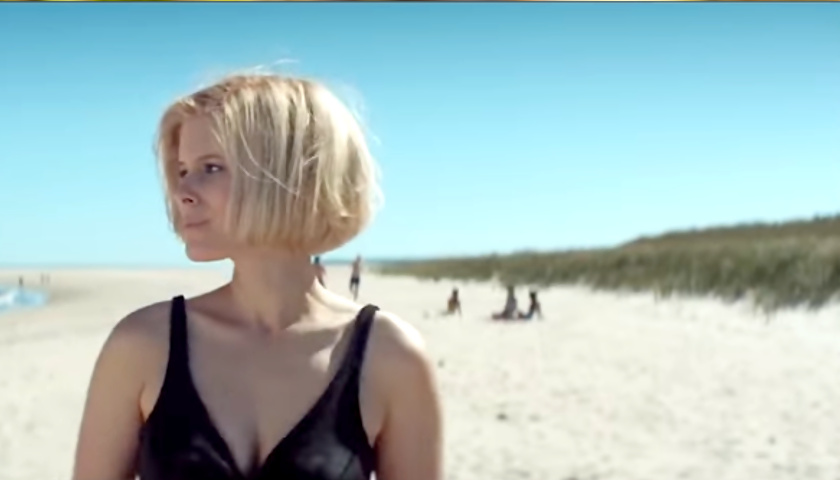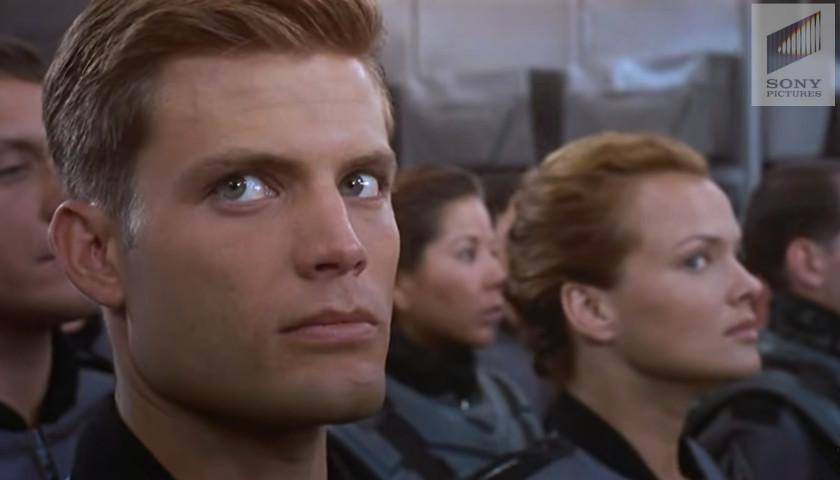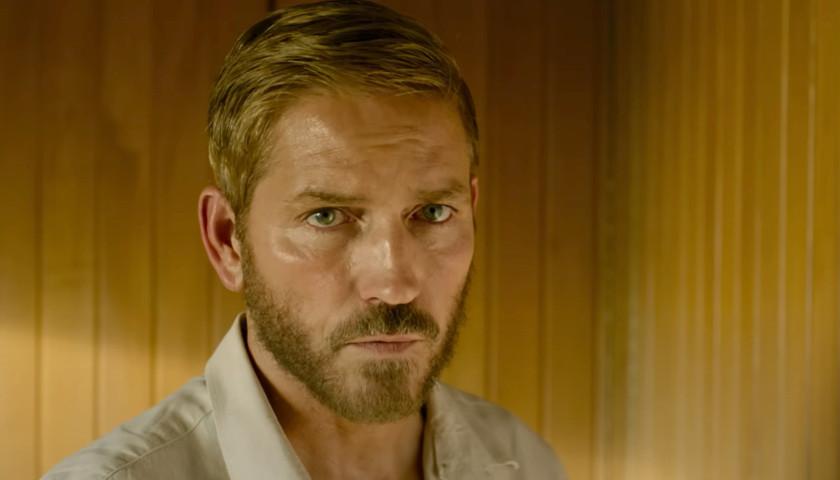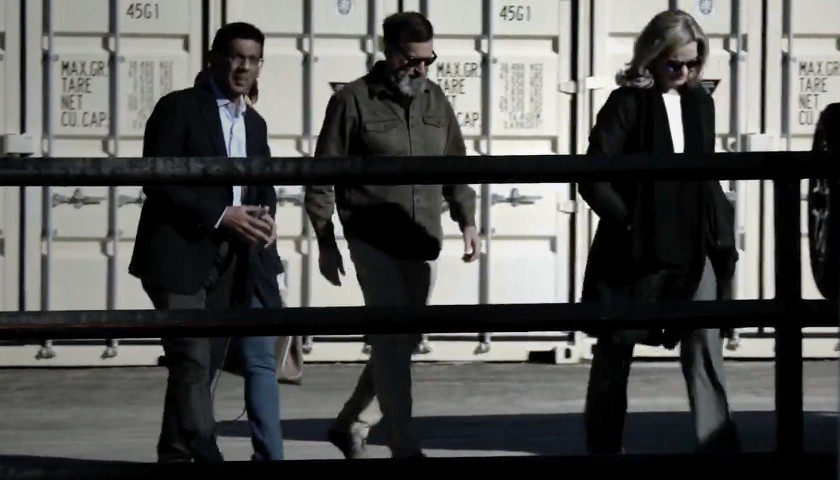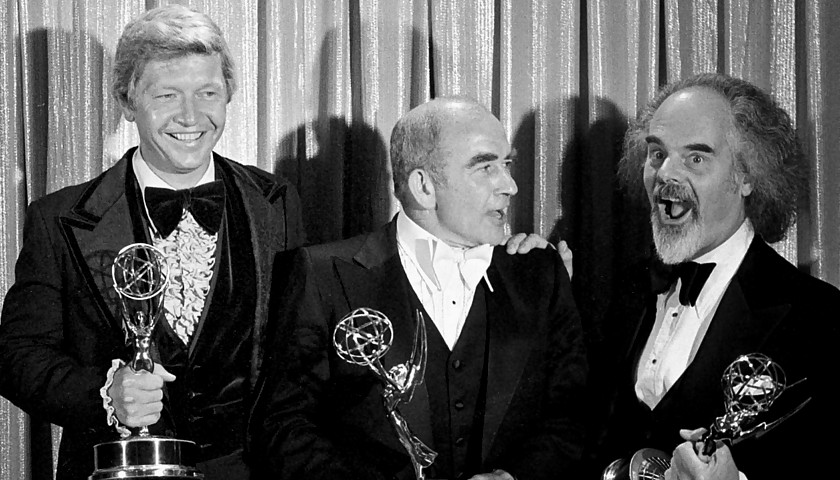by Ray Nothstine
It was nearly 50 years ago that an infamous incident finished off the hopes of returning another Kennedy brother to the White House. A film about “Chappaquiddick,” released this month, offers more than a historical retrospective. It reminds us of important truths that lay beneath the tumultuous world of political intrigue.
The movie revisits the details: The late Sen. Edward M. Kennedy drove his car off the Dike Bridge on Chappaquiddick Island, Massachusetts, resulting in the death of Mary Jo Kopechne, a 28-year-old political consultant who had worked on Robert Kennedy’s 1968 presidential campaign.
Kopechne drowned – or, in the opinion of the diver who recovered her body, probably was trapped in an air pocket in the shallow water and later suffocated. In fact, there is a line in the film where the diver suggests he might have saved her if he had been notified in time. Kennedy, of course, escaped the car but did not report his involvement to authorities until after the scene was discovered by police 10 hours later.
Over the decades since, plenty has been said particularly on the political right, about Kennedy’s direct involvement in the abandonment and death of Kopechne. Much of it has been nasty, including lewd jokes, salacious rumors, and even bumper stickers. But the new film starring Jason Clarke as Kennedy is not a right-wing hatchet job, but rather portrays the damning facts that are known while allowing for some dramatic license.
The crash occurred just two days before the Apollo 11 moon landing on July 20, 1969. While the lunar landing knocked the tragedy off the front page, it also contrasted man’s highest technological achievement with our deeply fallen and sinister nature. The 1960s, particularly at the decade’s outset, was a time of high ideals. President John F. Kennedy heralded a “New Frontier.” It was a decade too of enormous political and moral failings that reminded Americans that while it could land a man on the moon and safely return him home, there remain limits at the core of man’s being, depicted so well at decade’s end through Chappaquiddick.
In the film, Kennedy’s cousin Joe Gargan is played superbly by Ed Helms. If anybody has a conscience in the story, as in real life, it’s Gargan. He implored Kennedy, along with then Massachusetts U.S. Attorney Paul Markham (played by Jim Gaffigan), to report the accident. Gargan and Markham returned to the scene on Martha’s Vineyard that night with Kennedy to try and recover or save Kopechne but were unsuccessful. The senator from Massachusetts promised them he would report the incident but woke up the next morning without having done so, and was again confronted by an incredulous Gargan over Kennedy’s aloofness.
Gargan is not only contrasted with Kennedy but also with former JFK speechwriter Ted Sorenson and former Secretary of Defense Robert McNamara (among other power brokers) who are called in by the ailing patriarch Joseph Kennedy to offer damage control and a “fix.”
Throughout the film, Gargan implores Kennedy to do the right thing and even scolds Kennedy for comparing himself to Moses, saying, “Moses had a temper but he never left a woman at the bottom of the Red Sea.” Gargan, who died in 2017, gave an interview in 1988 saying Kennedy wanted to concoct a story whereby Kopechne left the party alone and drove off the bridge herself.
But while the film shows Kennedy lured by power over integrity, it offers moments of sympathy too. Kennedy was the youngest of four famous brothers, the other three of whom were killed—one in World War II and two by assassination. He sought approval from a powerful and detached father who often expressed disappointment in his youngest child. And although it’s not explored in the film, Kennedy’s Roman Catholic faith did shape at least some aspects of his life.
After he was diagnosed with a terminal brain tumor, Kennedy wrote Pope Benedict XVI asking for prayer. “I know that I have been an imperfect human being, but with the help of my faith I have tried to right my past.” Excerpts from the letter were read by Cardinal Theodore McCarrick at Kennedy’s burial in 2009. Kennedy’s letter largely offers a laundry list of government initiatives he proudly championed, yet mentions his shortcomings several times, perhaps hinting at his own concern or uncertainty about a looming judgment. It’s a reminder of the importance of true repentance and the limits of human power.
The end of the film in some respects offers the critical lesson, where newsreel footage depicts real citizens of Massachusetts interviewed after Chappaquiddick. Largely professing their loyalty to the troubled Kennedy, they urge him to continue on as Senator. It’s a final indictment against our collective fallen nature against the backdrop of just one deeply flawed man. Because of the extensive cover-up, “Chappaquiddick” cannot offer the full truth on everything that happened that July night, but it succeeds in illuminating even greater truths about the human condition.
– – –
Ray Nothstine is editor of the Civitas Institute in Raleigh, North Carolina.

